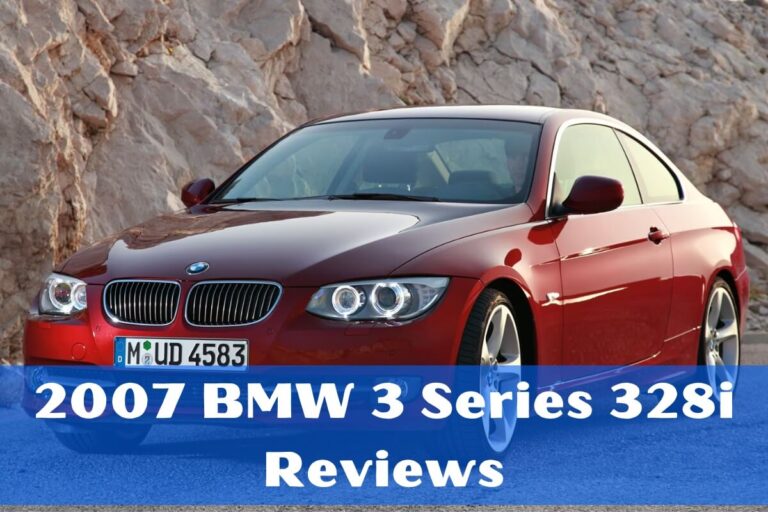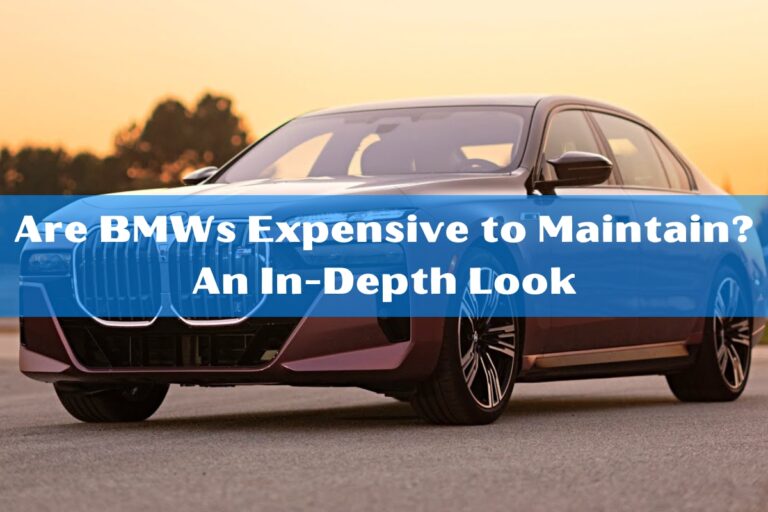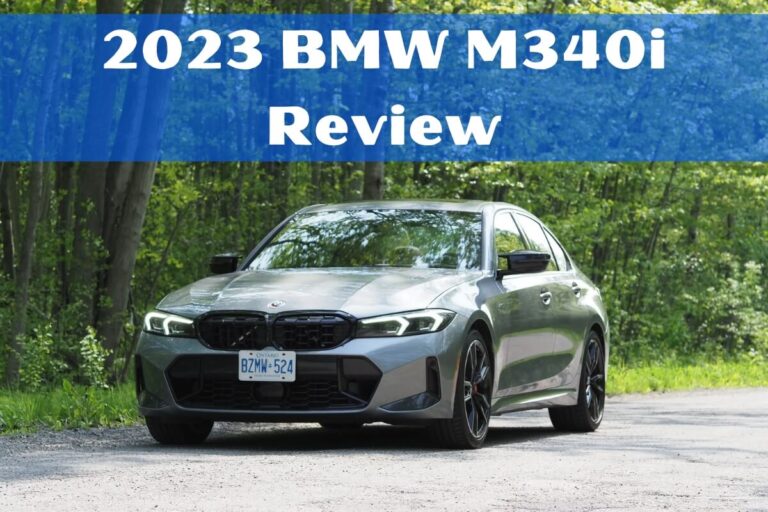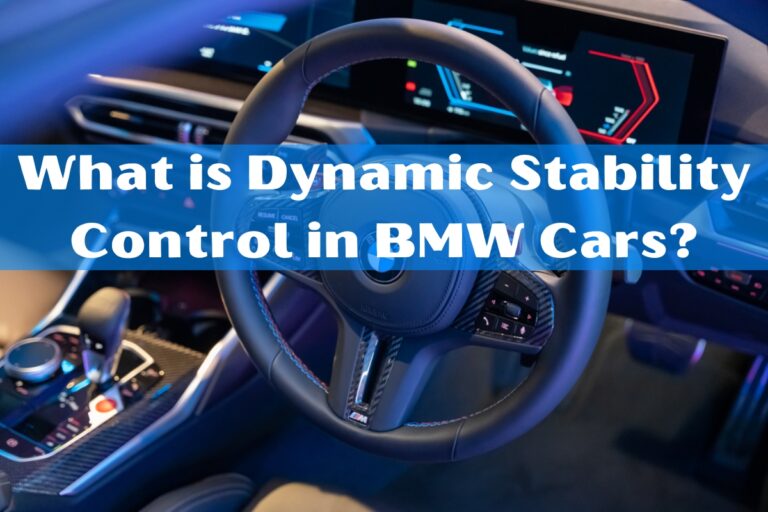Is Mercedes Better Than BMW?
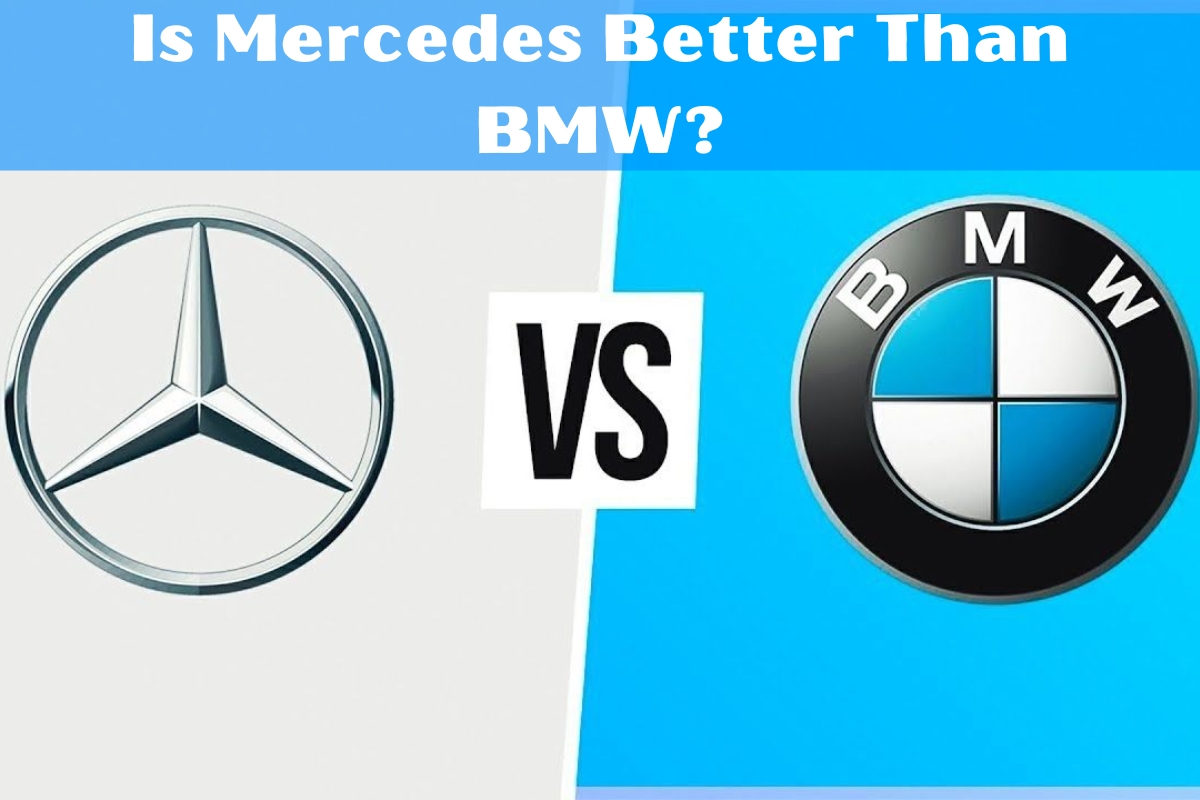
Exploring the Luxury Car Rivalry Between Two German Giants
When it comes to the world of luxury automobiles, two names that consistently rise to the top are Mercedes-Benz and BMW. These German automakers have been engaged in a friendly yet fierce rivalry for decades, each striving to deliver the ultimate driving experience and the pinnacle of automotive engineering.
The short answer is that both Mercedes-Benz and BMW are exceptional luxury car brands, each with their own unique strengths and appeal. In this comprehensive guide, we’ll dive deep into the key differences between these two titans, covering areas such as luxury and design, technology, performance, reliability, safety, and affordability. By the end, you’ll have a clear understanding of which brand might be the better fit for your driving needs and lifestyle preferences.
Luxury and Design
Exterior Design: Elegance vs. Aggressiveness
When it comes to exterior design, Mercedes-Benz and BMW take distinctly different approaches. Mercedes-Benz is known for its elegant, sophisticated, and timeless styling. The brand’s design philosophy emphasizes “Sensual Purity,” aiming to create vehicles with a sense of effortless sophistication. From the iconic grille to the flowing, aerodynamic lines, Mercedes-Benz models exude a sense of refinement and luxury.
In contrast, BMW’s design language is often described as more aggressive and sporty. The brand’s signature kidney grille and the distinctive “Hofmeister kink” in the rear window are instantly recognizable design cues. BMW models tend to have a more dynamic, performance-oriented appearance, with sharp creases and bold, muscular styling.
Interior Design and Comfort
Step inside a Mercedes-Benz, and you’re immediately enveloped in a world of opulence and refinement. The interiors are meticulously crafted, with high-quality materials, impeccable fit and finish, and a focus on passenger comfort. The layout and ergonomics are designed to provide a serene and luxurious driving experience, catering to both the driver and the passengers.
BMW, on the other hand, places a stronger emphasis on the driver’s experience. The interiors of BMW models are designed with a more driver-centric approach, with a clear focus on ergonomics and a sense of sportiness. While still luxurious, the BMW cabin often has a more minimalist and technology-forward feel compared to the more traditional, elegant Mercedes-Benz interiors.
Technology and Infotainment
Digital Cockpits and User Interfaces
Both Mercedes-Benz and BMW have made significant strides in the realm of digital technology, but their approaches differ slightly. Mercedes-Benz’s MBUX (Mercedes-Benz User Experience) system is a highly advanced and intuitive infotainment platform that leverages artificial intelligence and natural language processing to provide a truly personalized experience. The system’s seamless voice control and customizable displays have been widely praised.
BMW, on the other hand, is known for its iDrive system, which has evolved over the years to become one of the most user-friendly and feature-rich infotainment interfaces in the industry. While not as AI-driven as MBUX, iDrive excels in its responsiveness, customization options, and intuitive control methods, including the brand’s signature rotary controller.
Advanced Driver Assistance Systems
When it comes to safety and driver assistance technologies, both Mercedes-Benz and BMW are at the forefront of innovation. Mercedes-Benz offers a comprehensive suite of features under the “Mercedes-Benz Intelligent Drive” banner, which includes advanced functions like adaptive cruise control, automatic emergency braking, and lane-keep assist.
BMW, not to be outdone, has also developed a robust suite of driver assistance systems, including features like Active Cruise Control, Lane Departure Warning, and Blind Spot Detection. Both brands have achieved top safety ratings from organizations like the Insurance Institute for Highway Safety (IIHS) and the European New Car Assessment Programme (Euro NCAP).
Performance and Driving Dynamics
Engine Power and Efficiency
Under the hood, both Mercedes-Benz and BMW offer a wide range of engine options, from efficient four-cylinder units to powerful V8 and even V12 powertrains. However, there are some key differences in their approaches.
BMW is often associated with its emphasis on performance and driving dynamics. The brand’s engines are generally known for their higher levels of power and responsiveness, with a focus on delivering an exhilarating driving experience. BMW also offers a range of high-performance M models that take the brand’s driving dynamics to the next level.
Mercedes-Benz, on the other hand, is more focused on providing a balance of power, refinement, and efficiency. While the brand’s engines are still very capable, the focus is often on delivering a smooth, comfortable, and luxurious driving experience, rather than outright performance.
Handling and Agility
When it comes to handling and agility, BMW has a well-earned reputation for producing vehicles that are engaging and rewarding to drive. The brand’s rear-wheel-drive (or all-wheel-drive) layout, along with its suspension tuning, contributes to a more dynamic and nimble driving experience.
Mercedes-Benz, while still offering excellent handling characteristics, tends to prioritize a more comfortable and composed ride quality. The brand’s vehicles are often tuned to provide a smooth, refined, and stable driving experience, which may appeal more to those who value luxury and comfort over outright sportiness.
Reliability, Safety, and Ownership
Dependability and Longevity
Both Mercedes-Benz and BMW are well-known for their engineering excellence and attention to detail, which typically translates into reliable and long-lasting vehicles. However, when it comes to overall dependability, the brands do have some differences.
According to industry studies and customer surveys, Mercedes-Benz vehicles tend to have a slight edge over BMW in terms of long-term reliability and ownership satisfaction. Mercedes-Benz models are often praised for their robust construction and relatively low maintenance costs, although both brands generally perform well in this regard.
Warranty and Certified Pre-Owned Programs
When it comes to the ownership experience, both Mercedes-Benz and BMW offer comprehensive warranty coverage and attractive certified pre-owned (CPO) programs.
Mercedes-Benz provides a 4-year/50,000-mile new vehicle limited warranty, as well as a 1-year/unlimited-mile CPO warranty. The brand also offers a unique Prepaid Maintenance program, allowing owners to pay for future service visits upfront.
BMW, on the other hand, matches Mercedes-Benz with a 4-year/50,000-mile new vehicle warranty and a 1-year/unlimited-mile CPO warranty. Both brands have well-regarded CPO programs that provide additional peace of mind for used vehicle buyers.
Advanced Safety Features
Safety is of paramount importance in the luxury car segment, and both Mercedes-Benz and BMW have made significant investments in developing cutting-edge safety technologies.
Mercedes-Benz’s “Mercedes-Benz Intelligent Drive” suite includes features like adaptive cruise control, automatic emergency braking, lane-keep assist, and more. The brand has consistently earned top safety ratings from organizations like IIHS and Euro NCAP.
BMW, not to be outdone, also offers a comprehensive array of driver assistance technologies, including features like Active Cruise Control, Lane Departure Warning, and Blind Spot Detection. Like Mercedes-Benz, BMW models have earned top safety ratings, demonstrating the brands’ commitment to protecting their drivers and passengers.
Affordability and Value
Pricing and Financing
When it comes to pricing, both Mercedes-Benz and BMW offer a wide range of models at various price points, catering to different budgets and preferences.
At the entry level, Mercedes-Benz models like the A-Class and CLA-Class start around $35,000, while BMW’s 2 Series and 3 Series models have a similar starting price range. As you move up the luxury ladder, both brands offer more premium and high-performance models that can reach well into the six-figure territory.
In terms of financing options, both Mercedes-Benz and BMW have well-established in-house financing and leasing programs, making it easier for customers to acquire their desired vehicles.
Total Cost of Ownership and Resale Value
While Mercedes-Benz and BMW both carry a premium price tag, the total cost of ownership can vary between the two brands. According to industry data, Mercedes-Benz vehicles tend to have slightly lower maintenance and repair costs over the long run compared to BMW models.
However, when it comes to resale value, BMW generally has the edge. BMW models are often known to hold their value better than Mercedes-Benz vehicles, making them a more attractive option for those who plan to sell or trade-in their car in the future.
Conclusion: Which Luxury Brand Comes Out on Top?
In the end, the decision between Mercedes-Benz and BMW comes down to personal preferences and priorities. Both brands are exceptional in their own ways, offering a high-quality, luxurious driving experience with advanced technology, safety, and performance.
If you value a more elegant, refined, and comfortable driving experience, Mercedes-Benz may be the better fit. On the other hand, if you prioritize a more engaging, driver-focused, and performance-oriented ride, BMW could be the ideal choice.
Ultimately, the “better” brand depends on your individual needs and preferences. The best way to determine which luxury car is the right fit for you is to test drive both and see which one resonates with you the most. Whichever you choose, you can be confident that you’re getting a top-tier luxury vehicle that will provide years of exceptional performance and enjoyment on the road.

